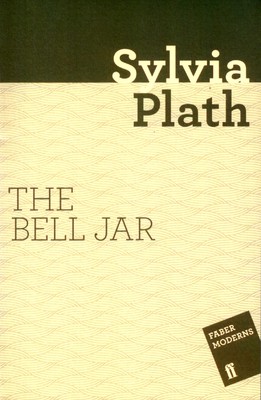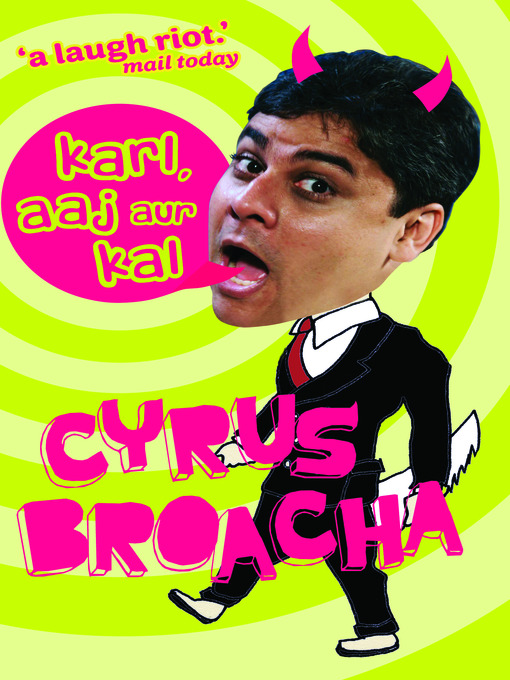The Bell Jar
“To the person in the bell jar, blank and stopped as a dead baby, the world itself is a bad dream.”
The Bell Jar is a realistic, agonizingly emotional novel by Sylvia Plath showcasing the fight of a talented young woman against her inner demons and her gradual fall into the grips of insanity. It is embedded with bleak truths, wryly dark humour and that overbearing sense of emptiness which strikes the reader somewhere deep down.
It took me three months to read The Bell Jar…read and re-read…and then digest the hollow stillness.
“The silence depressed me. It wasn’t the silence of silence. It was my own silence”
It is one of those rare instances that a story, a protagonist moves you to such an extreme extent…You soar along with her…delve deep into the oceans…feeling each scar…each tear…each hopeless exasperation…their pangs of depression…wanting to let go..
It is scary. Believe me.
Especially to be able to connect with Esther Greenwood.
Quite intrigued, I read up about the author’s life. The stark resemblance of Plath with Esther was mind-blowing. It seems that Sylvia wrote The Bell Jar in order to free herself from her past. She shared her pain without appearing miserable. She was straightforward in addressing her despair and her suffering.
“But I wasn’t sure. I wasn’t sure at all. How did I know that someday; at college, in Europe, somewhere, anywhere, the bell jar, with its stifling distortions, wouldn’t descend again?”
It makes one wonder what it must have felt to walk in her shoes…what went on in such a messed up head…how suffocating it must have been to have a bell jar hanging about one’s head…the constant self doubt and the everlasting desire to escape..
The Bell Jar addresses the question of socially acceptable identity. Esther wanted to be herself rather than what others expected her to be. She feared the loss of her inner self.
“I wanted to crawl in between those black lines of print, the way you crawl through a fence, and go to sleep under that beautiful big green fig-tree.”
She obviously felt alone. She felt separated from her loved ones who, time and again, failed to understand her. Her mother desperately tried all means to help her Esther rise above the sinking despair. But Mrs. Greenwood failed as well.
“I felt dreadfully inadequate. The trouble was, I had been inadequate all along, I simply hadn’t thought about it… I felt like a racehorse in a world without racetracks or a champion college footballer suddenly confronted by Wall Street and a business suit, his days of glory shrunk to a little gold cup on his mantel with a date engraved on it like the date on a tombstone.”
This is a plain simple confession. The hard-hitting realization when one enters the real world.
Plath’s imagery is first-rate. It has this pleasing aura about it. Her words hit the reader with an opaque familiarity.
“Piece by Piece, I fed my wardrobe to the night wind, and flutteringly, like a loved one’s ashes, the gray scraps were ferried off, to settle here, there, exactly where I would never know, in the dark heart of New York.”
Just splendid.
Unlike many other books, The Bell Jar gives the right information about depression- what an inexplicable and frightening experience depression can be. This is satisfactory because atleast, the reader is not mislead. He is served the naked truth in a silver platter. One can’t simply demean depression anymore.
“All the heat and fear had purged itself. I felt surprisingly at peace. The bell jar hung suspended a few feet above my head. I was open to the circulating air. ”
At the end of that three months, I was head-over-heels in love with Esther. I felt her. Her academic aspirations. Her floating thoughts.Her secrets. Her plights. Her box full of razors. She was as real to me as the human that had penned her.
Plath knew what she was writng about and she definitely knew how to write. It is unfortunate that she committed suicide at the age of 30.
The talented die young.
Nevertheless, her words remain engraved in my mind.
“I took a deep breath and listened to the brag of my heart. I am. I am. I am.”
Plath is. Plath is. Plath is.
An amazing writer. An amazing storyteller. DO READ.




